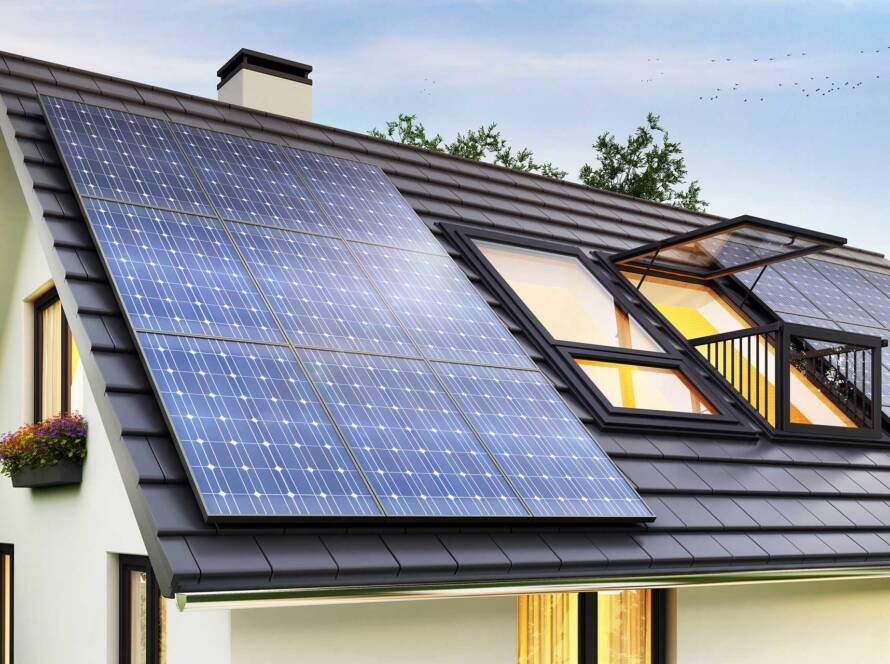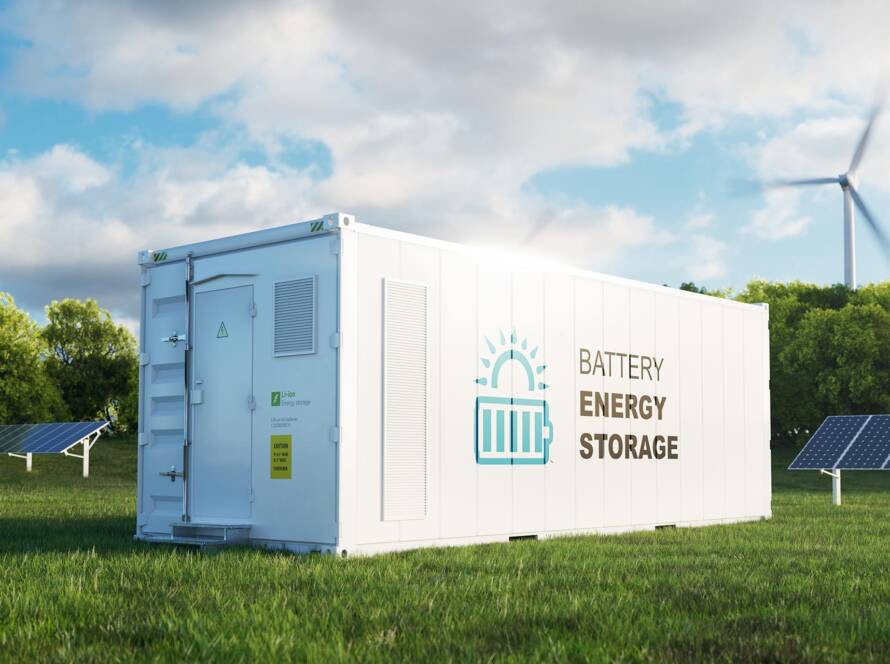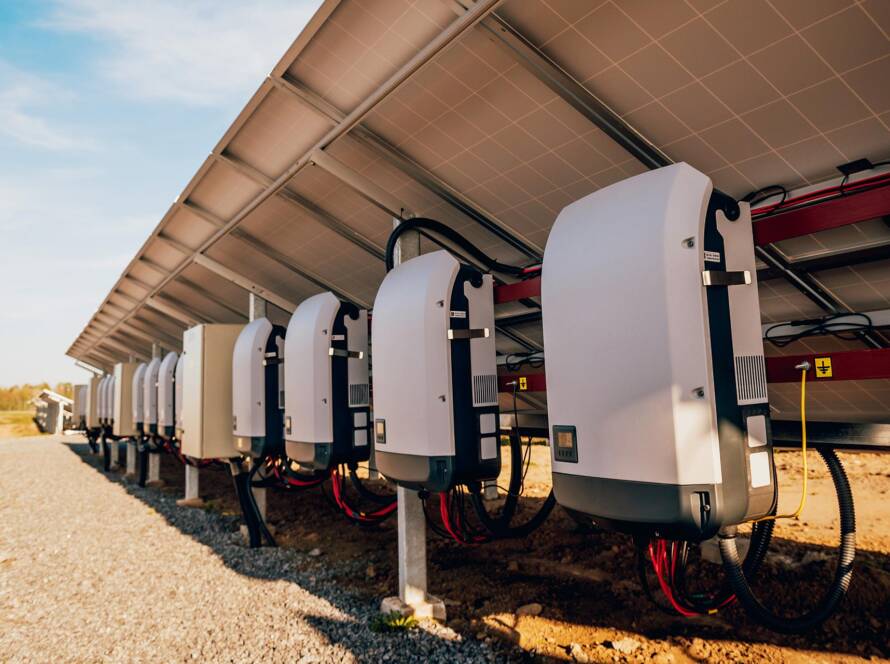Our Green Power Services
For years, Nigeria, and Africa in general, has continued to experience significant energy supply crisis, due to fundamental issues in their energy delivery value chain. Over 45% of the country’s population are currently without access to electricity (Deloitte Consulting LLP, 2021), while those who have access, face regular outages and power cuts.
With a population of approximately 200 million people, Nigeria reportedly has the second-largest energy access deficit in the world. This shortfall has ultimately impacted all sectors of the economy, hampering industrialization, economic growth, and the standard of living of the general population
In light of these challenges, there is an increasing need to store and harness alternative, renewable and sustainable energy supply, such as solar and wind, in order to meet the growing demand and improve standard of living.
To provide cost-effective and efficient, renewable energy storage systems (batteries) for consumers, while ensuring company profitability and promoting sustainability.
Conceptualized in November 2020 as a private limited partnership, Amogrid aims to bridge the energy access gap across Nigeria and subsequently Africa, by manufacturing and supplying Lithium-ion battery packs for renewable energy storage.
Within the first two years, we will target mini-grid (solar distributed energy systems) developers, business owners and homeowners within the urban and rural areas in Nigeria. In the next five years (2025 -2030), Amogrid will build partnerships and engage in forward and backward integration along the renewable energy value chain, providing end-to-end energy solutions and expanding our battery market into other regions across Nigeria and Africa.
Batteries have become a critical part of renewable energy systems and have evolved to meet electricity needs, with the ability to store energy and release energy from renewable technologies.
Amogrid will assemble Lithium-ion batteries for battery-based solar systems and other mini-grids, to mitigate the challenges of power intermittency and meet the growing energy demand across the country.
Compared to the Lead-acid batteries, which are currently the most common type of batteries used in building solar systems within the Nigerian Market, Amogrid Lithium batteries are much more reliable and efficient. The batteries are designed to last longer, charge faster, require less maintenance, and have a longer cycle life. This means, that lead-acid batteries could be replaced 3 times, over the lifespan of 1 Amogrid Lithium battery, which is estimated to last 10 years.
Our batteries will come in various capacities to meet the varying energy demands and will be both pre-designed for mass-market distribution and customized based on customer demand
We need financial partners who are ready to make the planet a safer place and make some money using our green energy technology IoT solutions.
For years, Nigeria, and Africa in general, has continued to experience significant energy supply crisis, due to fundamental issues in their energy delivery value chain. Over 45% of the country’s population are currently without access to electricity (Deloitte Consulting LLP, 2021), while those who have access, face regular outages and power cuts.
With a population of approximately 200 million people, Nigeria reportedly has the second-largest energy access deficit in the world. This shortfall has ultimately impacted all sectors of the economy, hampering industrialization, economic growth, and the standard of living of the general population
In light of these challenges, there is an increasing need to store and harness alternative, renewable and sustainable energy supply, such as solar and wind, in order to meet the growing demand and improve standard of living.
To provide cost-effective and efficient, renewable energy storage systems (batteries) for consumers, while ensuring company profitability and promoting sustainability.
Conceptualized in November 2020 as a private limited partnership, Armogrid aims to bridge the energy access gap across Nigeria and subsequently Africa, by manufacturing and supplying Lithium-ion battery packs for renewable energy storage.
Within the first two years, we will target mini-grid (solar distributed energy systems) developers, business owners and homeowners within the urban and rural areas in Nigeria. In the next five years (2025 -2030), Armogrid will build partnerships and engage in forward and backward integration along the renewable energy value chain, providing end-to-end energy solutions and expanding our battery market into other regions across Nigeria and Africa.
Batteries have become a critical part of renewable energy systems and have evolved to meet electricity needs, with the ability to store energy and release energy from renewable technologies.
Armogrid will assemble Lithium-ion batteries for battery-based solar systems and other mini-grids, to mitigate the challenges of power intermittency and meet the growing energy demand across the country.
Compared to the Lead-acid batteries, which are currently the most common type of batteries used in building solar systems within the Nigerian Market, Armogrid Lithium batteries are much more reliable and efficient. The batteries are designed to last longer, charge faster, require less maintenance, and have a longer cycle life. This means, that lead-acid batteries could be replaced 3 times, over the lifespan of 1 Armogrid Lithium battery, which is estimated to last 10 years.
Our batteries will come in various capacities to meet the varying energy demands and will be both pre-designed for mass-market distribution and customized based on customer demand.
Trending Items
-
-11%
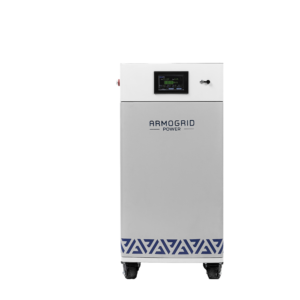 Add to WishlistAdd to Wishlist
Add to WishlistAdd to Wishlist -
Out of stock -12%
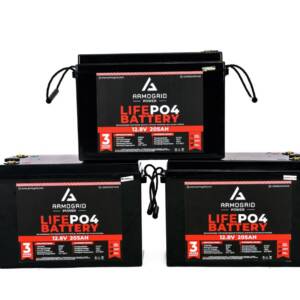 Add to WishlistAdd to Wishlist
Add to WishlistAdd to Wishlist -
Out of stock
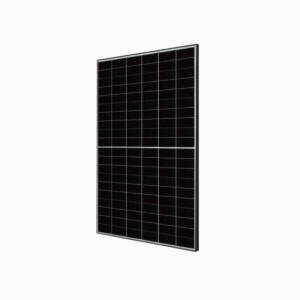 Add to WishlistAdd to Wishlist
Add to WishlistAdd to Wishlist -
-9%
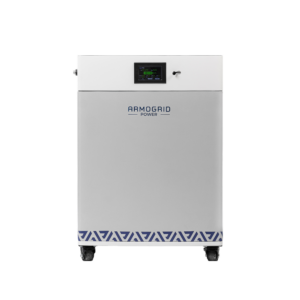 Add to WishlistAdd to Wishlist
Add to WishlistAdd to Wishlist
Wind Turbines
Installation
Dicta sunt explicabo. Nemo enim ipsam voluptatem quia voluptas sit aspernatur aut odit aut fugit, sed quia.

